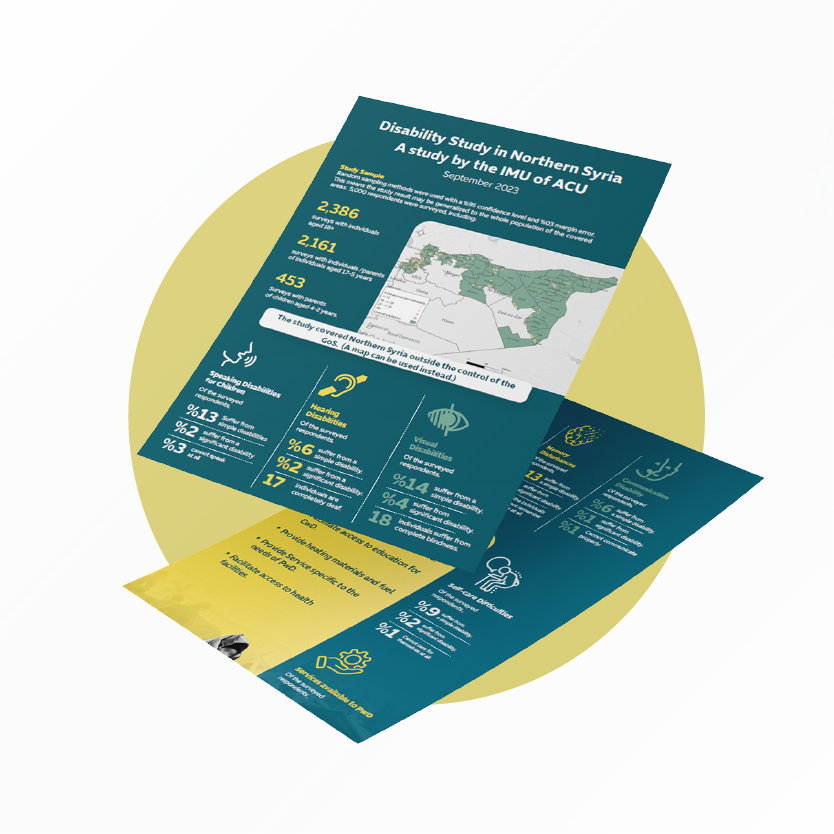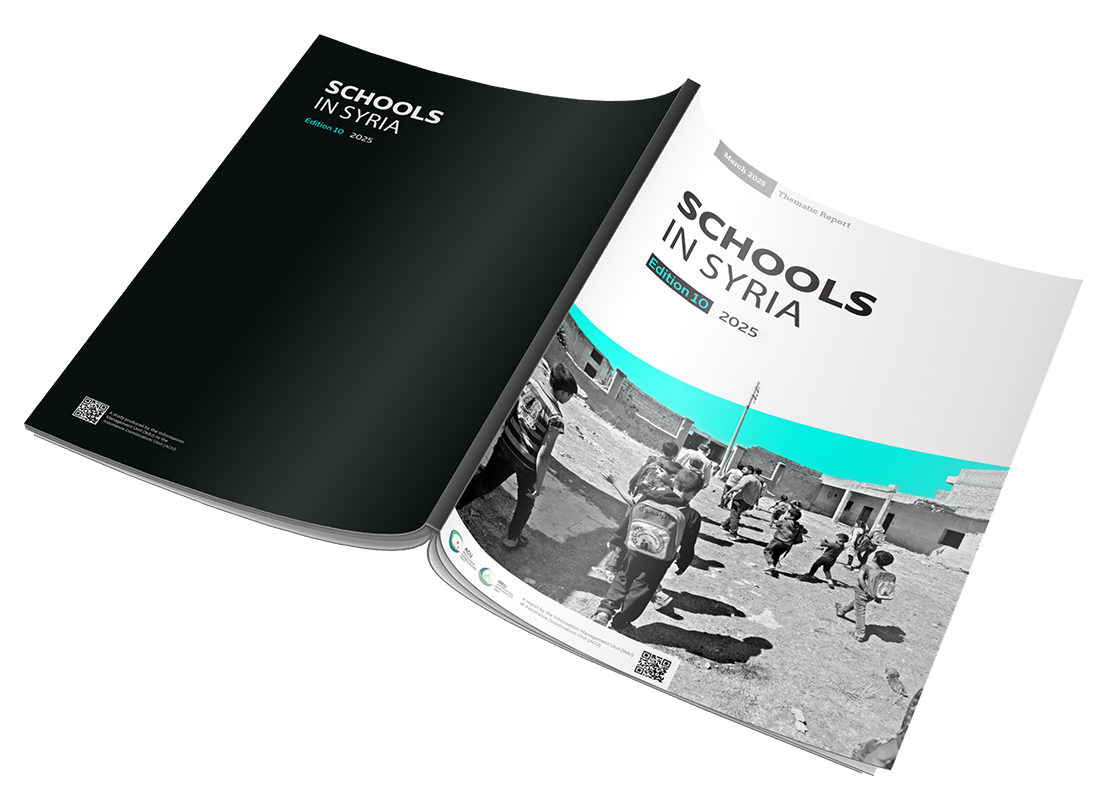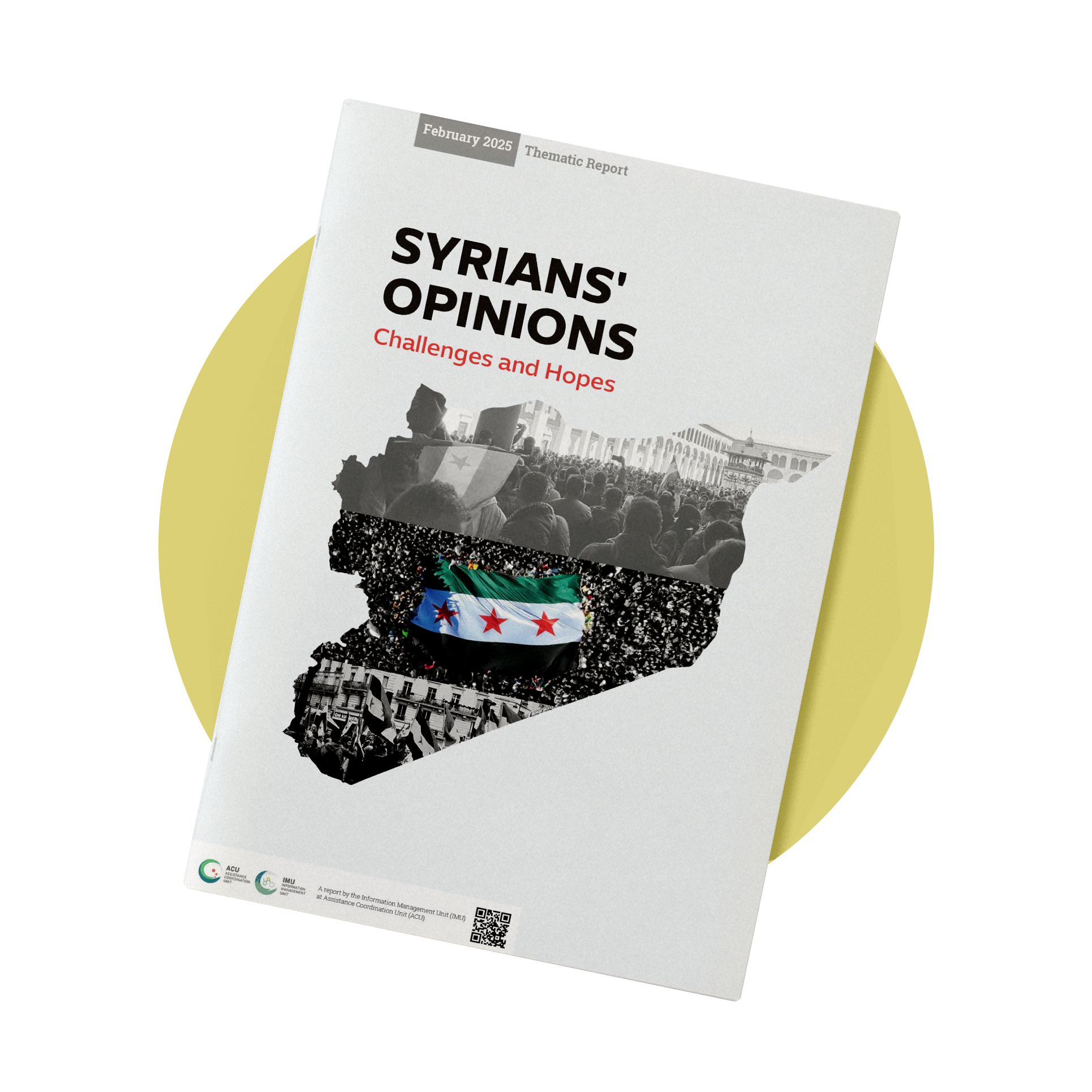The prolonged and ongoing conflict in Syria has resulted in a significant number of injuries and disabilities. However, due to the complex situation and various controlling actors, precise data on the types and numbers of disabilities remains elusive.
The ‘Disabilities in Northern Syria’ study aims to address this gap by identifying the types and percentages of disabilities in the region and assessing the urgent needs of those affected. To ensure the accuracy of our findings, the IMU of ACU team has adopted the definitions for disabilities established by the Washington Group on Disability Statistics. We also developed data collection tools, which were shared with key stakeholders, including the Education Cluster, the Protection Cluster, the MHPSS Working Group, and the Disability Working Group, to gather valuable feedback.
Our study relied on a questionnaire distributed to a random sample of the population in northern Syria, specifically in areas not under the control of the GoS. Between August 16 and 24, 2023, we collected questionnaires from 5,000 people belonging to 1,011 households in the targeted areas. This sample was selected randomly with a 95% confidence level and a 3% error margin, allowing us to generalize our findings to the entire population within the covered area.
In a region where the consequences of conflict are deeply felt, this study sheds light on the often-overlooked challenges faced by those living with disabilities in Northern Syria. By exploring their unique needs and experiences, this report offers a critical perspective that not only informs but also calls for action. It is our hope that the data provided within these pages will inspire meaningful change and foster a deeper understanding of the realities faced by people with disabilities in Northern Syria.




